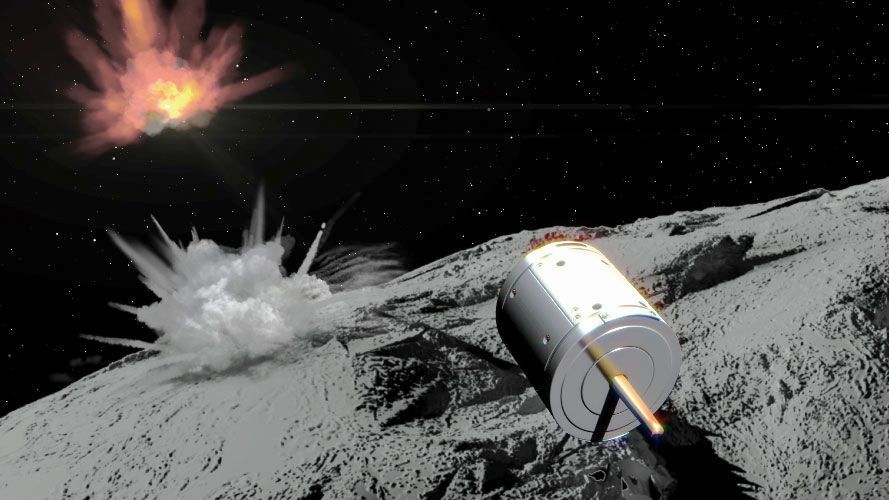How do you observe a process that takes more than one trillion times longer than the age of the universe? The XENON Collaboration research team did it with an instrument built to find the most elusive particle in the universe—dark matter. In a paper to be published tomorrow in the journal Nature, researchers announce that they have observed the radioactive decay of xenon-124, which has a half-life of 1.8 × 1022 years.
“We actually saw this decay happen. It’s the longest, slowest process that has ever been directly observed, and our dark matter detector was sensitive enough to measure it,” said Ethan Brown, an assistant professor of physics at Rensselaer, and co-author of the study. “It’s an amazing to have witnessed this process, and it says that our detector can measure the rarest thing ever recorded.”
The XENON Collaboration runs XENON1T, a 1,300-kilogram vat of super-pure liquid xenon shielded from cosmic rays in a cryostat submerged in water deep 1,500 meters beneath the Gran Sasso mountains of Italy. The researchers search for dark matter (which is five times more abundant than ordinary matter, but seldom interacts with ordinary matter) by recording tiny flashes of light created when particles interact with xenon inside the detector. And while XENON1T was built to capture the interaction between a dark matter particle and the nucleus of a xenon atom, the detector actually picks up signals from any interactions with the xenon.







